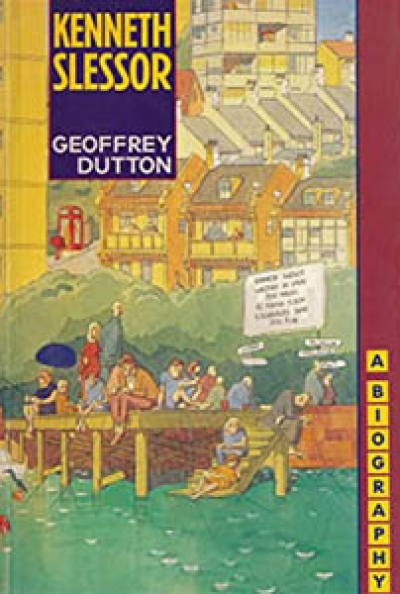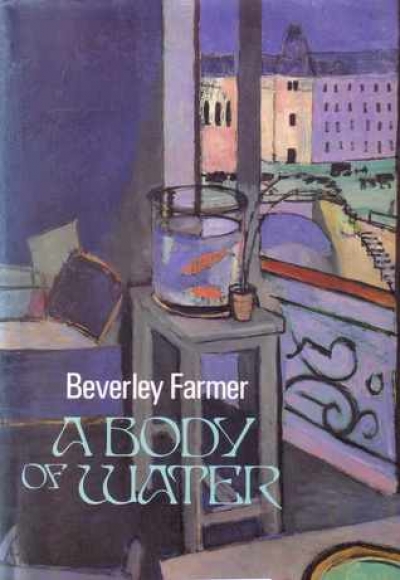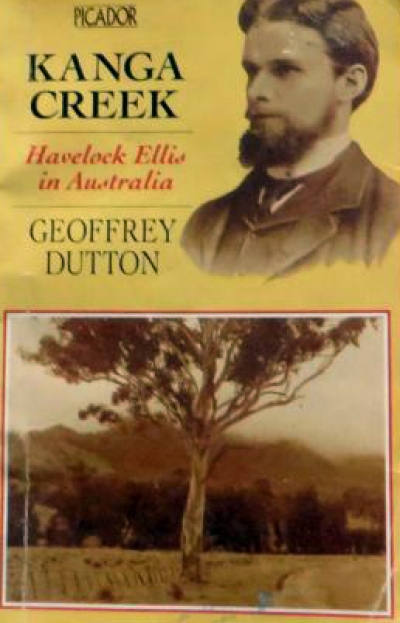Geoffrey Dutton
In September 1985, when I visited the Hospital of the Blue Nuns in Rome to see the room in which Martin Boyd died, I never thought to check the height of the windows, nor to cross-examine the calm and affable Sister Raphael Myers, with whom I looked at Boyd’s last view of the city. If anything was fully documented in my biography (Martin Boyd: A Life, 1988) it was his final illness and death.
It was midday, so my diary reminds me: the only time when the room would be empty before the next admission. The hospital was a cool, quiet place, air-conditioned, I think, with windows closed against Rome’s heat. Sister Raphael remembered Boyd, but she hadn’t been on duty when he died. She could tell me nothing that I didn’t already know from Boyd’s diaries or from the testimony of the friends who had visited him. ‘A difficult patient?’ ‘All patients are a little difficult; one expects that.’ I went on to lunch in the Borghese Gardens, feeling that I had done a biographer’s duty on my last day in Rome.
... (read more)Geoff Dutton was a man-of-letters who for many years made (with Max Harris) Adelaide seem one of the lively centres of Australian literary culture. One thinks of him in association with the magazines Angry Penguins, Australian Letters, and the original Australian Book Review, not to mention the inauguration of an Australian publication list for Penguin Books, and then, when that soured, the setting up of Sun Books, one of the most innovative of Australian publishing ventures at that time – which was in the difficult slough period of the 1950s and 1960s and into the 1970s.
... (read more)Kanga Creek: Havelock Ellis in Australia edited by Geoffrey Dutton
Dear Madam,
I don’t usually believe in responding to reviews, but Kenneth Gelder’s review (ABR June 87) of The Illustrated Treasury of Australian Stories, which I edited, raises a few points which are worth a reply.
... (read more)






